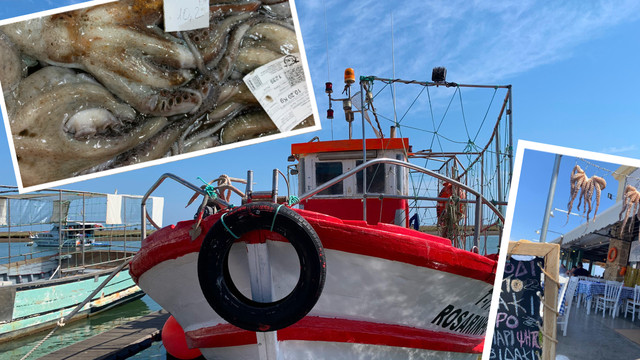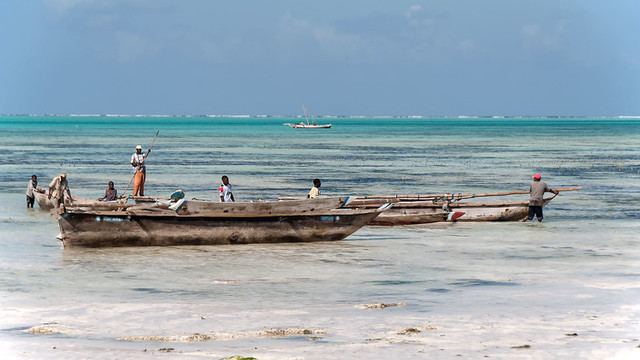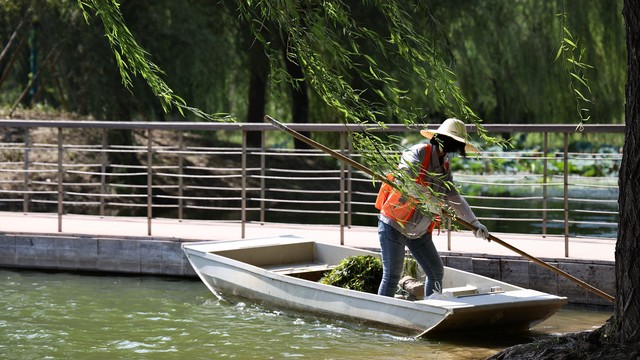International seminar to demonstrate economic value of marine and coastal ecosystem services
An international seminar in Costa Rica on Friday, 5 September focused on the economic contribution of marine and coastal ecosystem services to the regional economy. Key stakeholders from government, academic institutions, national and international organisations demonstrated the importance of marine and coastal ecosystems and looked at the implications for decision making.

A shoal of fish; marine issues were among the focus of the international seminar
The seminar was hosted by Sinac, Cedarena, Biomarcc-Sinac-GIZ, the International Institute for Environment and Development (IIED) and UK aid on 5 September 2014.
In Costa Rica, the economic value of tuna fishing in the Seamounts Marine Management Area (AMMMS) in the Pacific coast region is around $6.7 million a year, according to the study International Valuation of Marine and Coastal Ecosystem Services: Contributions to the Regional Economy and Implications for Decision Making. This study was carried out in 2013 by the Center for Environmental Law and Natural Resources (Cedarena) for the National System of Conservation Areas (Sinac-Minae).
Fishing and carbon sequestration are two of the 15 ecosystem services (ES) associated with seas and oceans, according to the Millennium Ecosystem Assessment by the Global Ocean Commission for 2014.
In the case of carbon sequestration, the Global Ocean Commission estimates its global economic value ranges between US$74 billion and US$222 billion per year, which underlines not only its economic benefit but also shows its essential role in efforts to mitigate and adapt to climate change.
"Despite the significant benefits provided by ecosystem services, such as nutrient recycling, regulation of natural hazards, flood protection, recreation, fishing and carbon sequestration, these ecosystems are being degraded and exploited at an alarming rate,” says IIED researcher Essam Yassin Mohammed.
Marine and coastal ecosystems are a vital economic resource and their health and sustainability depend on good governance, sound environmental policies and effective management.
However, in many countries, including Costa Rica, policies have focused primarily on terrestrial ecosystems and have overlooked marine ecosystems and their links to terrestrial ecosystems.
Rolando Castro, executive director of Cedarena, says: "We have organised the International seminar on marine and coastal ecosystem services: contributions to regional economy and implications in decision making to generate discussion on how marine ecosystem services contribute to the economy and the importance of good governance."
The seminar was held on Friday, 5 September 2014 in the Radisson Hotel in San José, Costa Rica. It brought together key stakeholders from civil society, international organisations, the Costa Rican government and academics, among others, and was organised by Sinac, Cedarena and IIED, along with the Biomarcc-Sinac-GIZ Project and the support of UK aid.
"National and international speakers will present participants with case studies that demonstrate the value of marine and coastal ecosystem services for the national economy," says Patricia Ruiz of the Biomarcc-Sinac-GIZ Project, speaking in advance of the event.
"The event organisers will aim to identify proposals, policies, instruments, and compensation mechanisms to enable public-private alliances to support the sustainability of ecosystem services in coastal and marine areas."



